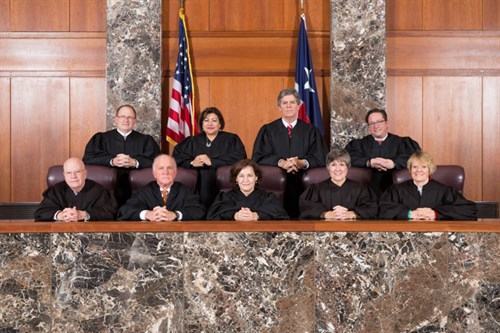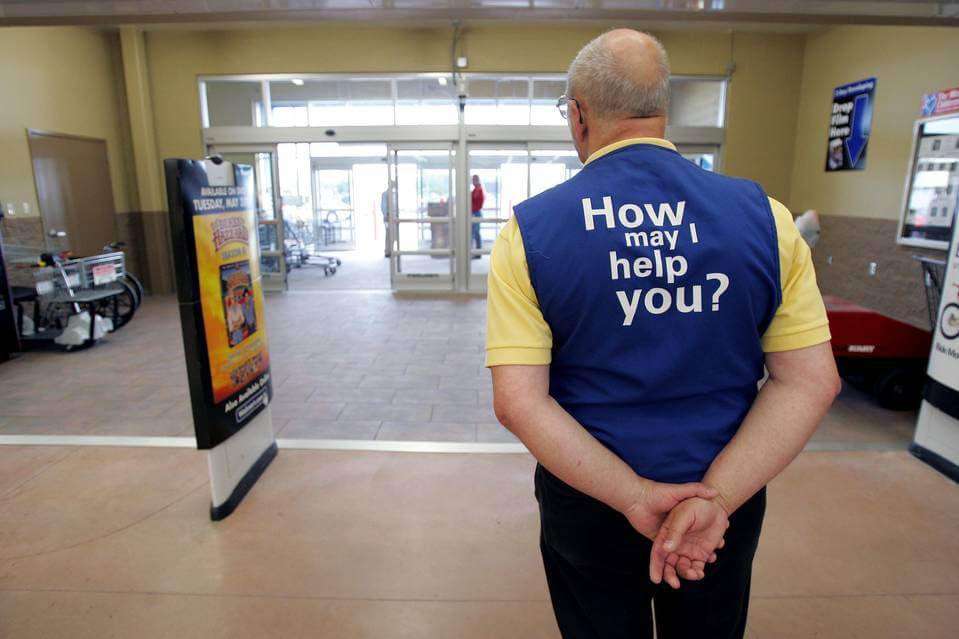
 The CCA handed down two opinions today dealing with legal sufficiency of evidence. Johnson v. State (Tex. Crim. App. 2012) involved a variance between allegations in the charging instrument and the sufficiency of the proof presented at trial. Wirth v. State (Tex. Crim. App. 2012) involved a general question of legal sufficiency in light of the recent case, Brooks v. State, 922 S.W.2d 126 (Tex. Cr. App. 1996).
The CCA handed down two opinions today dealing with legal sufficiency of evidence. Johnson v. State (Tex. Crim. App. 2012) involved a variance between allegations in the charging instrument and the sufficiency of the proof presented at trial. Wirth v. State (Tex. Crim. App. 2012) involved a general question of legal sufficiency in light of the recent case, Brooks v. State, 922 S.W.2d 126 (Tex. Cr. App. 1996).
In Johnson v. State, Appellant was convicted on various counts of aggravated assault. The indictment read that appellant did then and there, “intentionally or knowingly cause serious bodily injury to [the victim] by hitting her with his hand or twisting her arm with his hand.” The complaining witness in the case testified that appellant threw her against the wall and that hitting the wall caused her to fall to the floor and break her arm. Appellant’s criminal defense attorney argued that the variance between pleading and proof rendered the evidence legally insufficient to support the conviction. The CCA held that ultimately, “the act that caused the injury does not define or help define the allowable unit of prosecution for this type of aggravated assault offense, so variance at issue cannot be material.” The CCA also stated that this type of variance involved immaterial non-statutory allegations and when a variance like this presents itself it will not render the evidence legally insufficient.
I thought this case was interesting because, as a former criminal prosecutor, I used to try and charge the most accurate manner and means possible. I came across cases like this occasionally where we alleged one way that a defendant had assaulted a victim and then upon further investigation or questioning of the victim, it looked as if there was going to be a variance. In those cases, I would amend the indictment to reflect the more accurate description of the manner and means. Another method that is commonly used by prosecutors is to allege a very broad manner and means. Often, you will see the manner and means in an assault alleged, “by striking with defendant’s hands.” This language covers various types of assaults (slapping, punching, grabbing, squeezing). But, in looking at the Johnson opinion, it looks like the bottom-line is that if the language in the indictment involves immaterial non-statutory allegations, it will likely not render the evidence legally insufficient if different evidence comes up at trial.
In Wirth v. State, the Appellant was convicted of the offense of Theft of $20,000 or more but less than $100,000, a third degree felony. The Sixth Court of Appeals (Texarkana) held that the evidence was legally insufficient to support the conviction and rendered a judgment of acquittal. The State filed a petition for discretionary review. The CCA found that the Sixth Court of Appeals had erred and reversed the Court’s decision, reinstating the Appellant’s conviction. The CCA recognized that the Sixth Court of Appeals had reviewed the Appellant’s case and found that the evidence was factually insufficient to support the verdict based on Clewis v. State, 922 S.W.2d 126 (Tex. Cr. App. 1996). As the Court noted, at the time that the Court of Appeals considered the Appellant’s case, the CCA had not issued its opinion in Brooks v. State, 323 S.W.3d 893 (Tex. Cr. App. 2010) which essentially overruled the factual sufficiency analysis (see our previous post on this issue here). In light of the Brooks decision, the CCA analyzed Appellant’s case based on the legal sufficiency of the evidence and held that there was legally sufficient evidence (even given that the evidence was purely circumstantial and that the defendant was a party to the crime) to support the jury’s prior verdict of guilt. Accordingly, the CCA reversed the judgment of the Sixth Court of Appeals and affirmed the judgment of the trial court.


 Section 32.31(b)(1) of the Texas Penal code provides that a person commits the offense of Credit Card Abuse or Debit Card Abuse if that person “presents or uses” a credit/debit card that was not issued to him and is not used with the owner’s consent. But what does it mean to “present” or “use” a credit/debit card? Can someone “present” a credit/debit card without “using” it?
Section 32.31(b)(1) of the Texas Penal code provides that a person commits the offense of Credit Card Abuse or Debit Card Abuse if that person “presents or uses” a credit/debit card that was not issued to him and is not used with the owner’s consent. But what does it mean to “present” or “use” a credit/debit card? Can someone “present” a credit/debit card without “using” it?
 In lieu of a post on an obscure Texas law this week, I have a bizarre story for you. This is a true story about something that happened to a coworker of mine in Washington DC this past week. I’m trying to convince her to write something about it for the Washington Post, but she doesn’t think it’s newsworthy. I disagree simply because it is so crazy and bizarre (and funny to everyone but her). So here goes.
In lieu of a post on an obscure Texas law this week, I have a bizarre story for you. This is a true story about something that happened to a coworker of mine in Washington DC this past week. I’m trying to convince her to write something about it for the Washington Post, but she doesn’t think it’s newsworthy. I disagree simply because it is so crazy and bizarre (and funny to everyone but her). So here goes.
 Here’s the scenario – man is caught entering a home through a window that he broke. A female occupant of the home comes face-to-face with him and he then runs away. Is there evidence that the man was attempting to unlawfully enter the woman’s home? Certainly. Is there evidence to support the notion that he intended to commit a theft (or other felony) therein? That’s the question.
Here’s the scenario – man is caught entering a home through a window that he broke. A female occupant of the home comes face-to-face with him and he then runs away. Is there evidence that the man was attempting to unlawfully enter the woman’s home? Certainly. Is there evidence to support the notion that he intended to commit a theft (or other felony) therein? That’s the question.
 Byrd v. State
Byrd v. State
 After being convicted of aiding and abetting mail fraud and aggravated identity theft, Lonnie Oliver Jr., challenged his convictions on appeal, arguing that federal agents conducted an illegal search of the contents of a cardboard box that his girlfriend provided to them and that his statements to police officers were involuntary.
After being convicted of aiding and abetting mail fraud and aggravated identity theft, Lonnie Oliver Jr., challenged his convictions on appeal, arguing that federal agents conducted an illegal search of the contents of a cardboard box that his girlfriend provided to them and that his statements to police officers were involuntary.
 Allen walks into Walmart, picks out a nice computer and matching desk, loads both into a shopping cart and proceeds to the exit. Of course, before he can make it out of the store, the infamous receipt-checker stops him at the door. Allen shows a fake Walmart “receipt.” Unfortunately for Allen, the receipt-checker isn’t as dumb as he was hoping. The receipt checker quickly identifies the receipt as a phony and Allen is detained while police are called.
Allen walks into Walmart, picks out a nice computer and matching desk, loads both into a shopping cart and proceeds to the exit. Of course, before he can make it out of the store, the infamous receipt-checker stops him at the door. Allen shows a fake Walmart “receipt.” Unfortunately for Allen, the receipt-checker isn’t as dumb as he was hoping. The receipt checker quickly identifies the receipt as a phony and Allen is detained while police are called.





